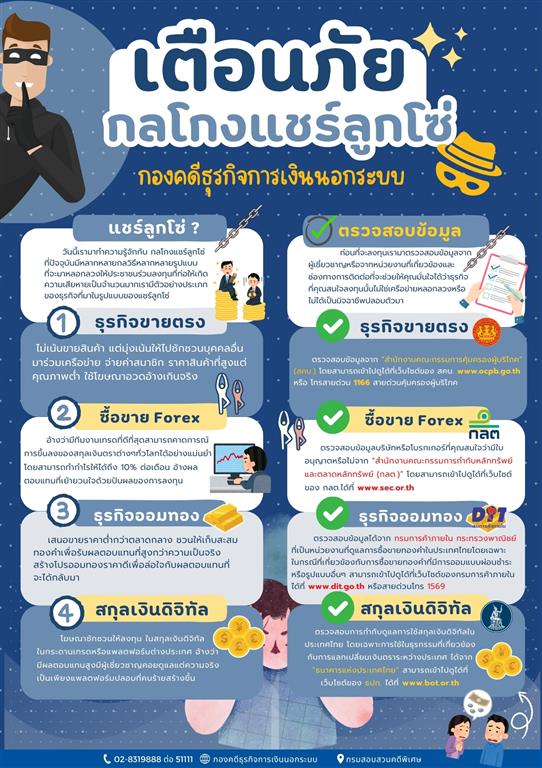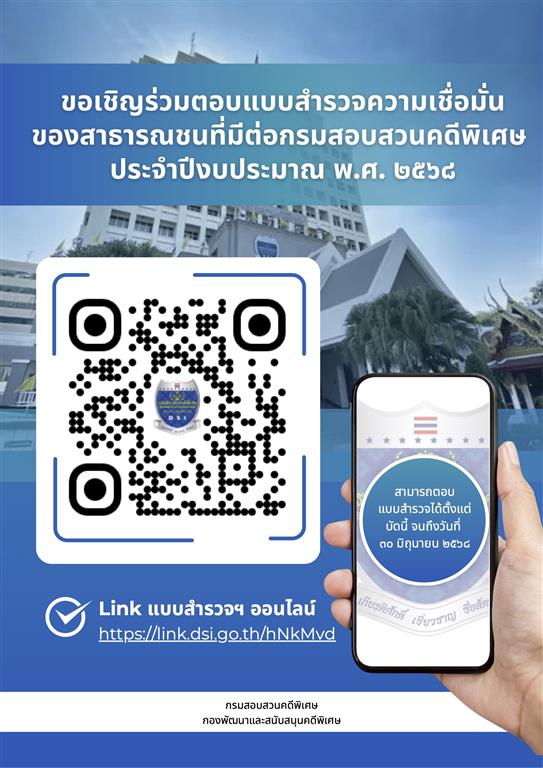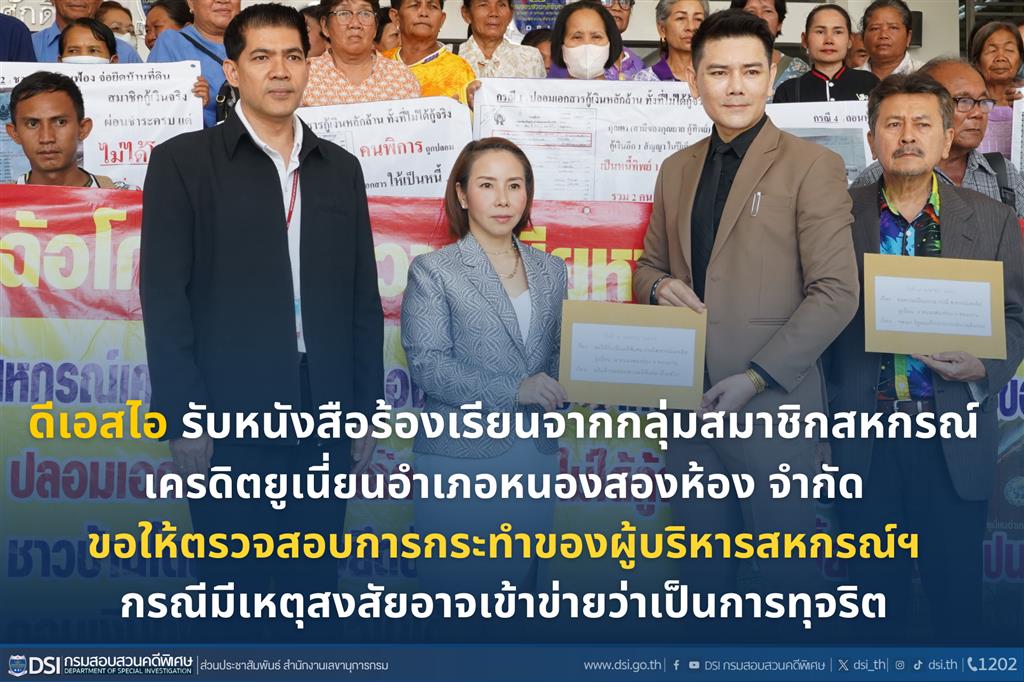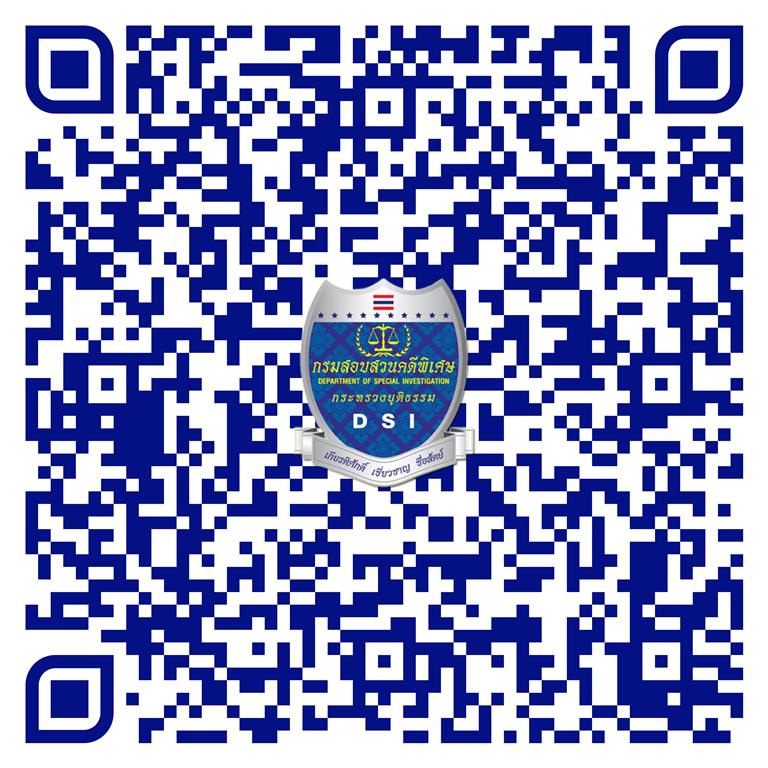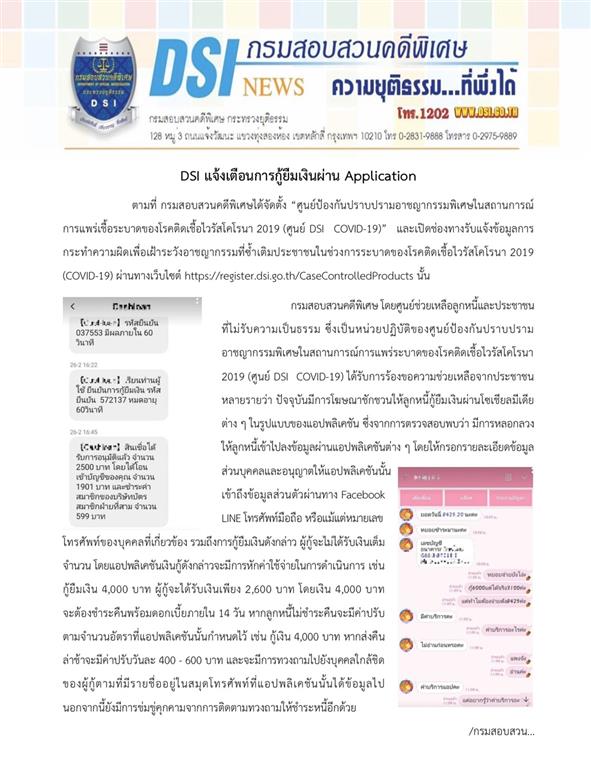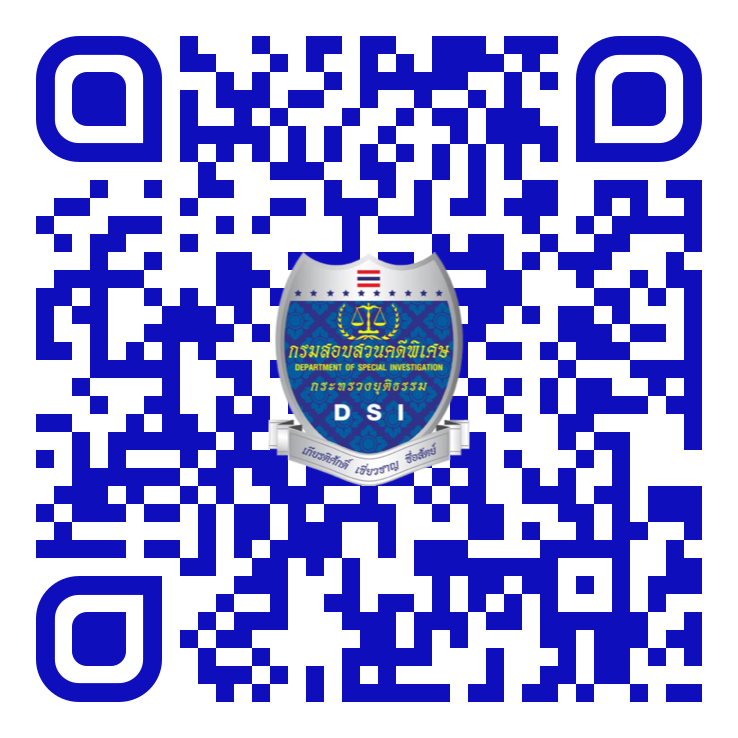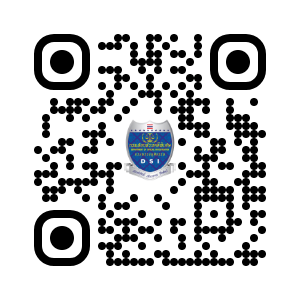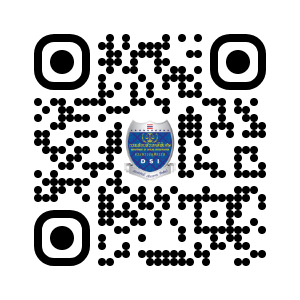DSI and IJM held meeting with 17 embassies to deal with human trafficking at Thailand's borders
published: 9/16/2024 10:55:02 AM updated: 9/16/2024 2:45:07 PM 6395 viewsDSI and IJM held
meeting with 17 embassies to deal with human trafficking at Thailand's borders
On September 12, 2024, at the Swissôtel
Bangkok Ratchada, the Department of Special Investigation (DSI), along with
ambassadors, consuls-general, diplomats, representatives from international
organizations, the IJM Foundation, and the Ministry of Social Development and
Human Security (MSDHS) participated in a roundtable discussion. The topic was
"Cooperation with Embassies that have obligations related to forced labor
or services in the form of scamming in the border areas of Thailand." This
event was organized by the Human Trafficking Bureau of the DSI and the IJM
Foundation, with the goal of strengthening international cooperation in
addressing the growing problem of human trafficking, particularly in cases
where victims are forced into criminality.
This roundtable discussion was held under the
policy of Pol. Gen. Tawee Sodsong, Minister of Justice, and overseen by Pol.
Maj. Yuthana Praedam, Deputy Director-General of the DSI and Acting
Director-General of the DSI, and Pol. Capt. Piya Raksakul, Deputy Director-General
of the DSI, who oversees the Human Trafficking Bureau. The objective was to
create a platform for exchanging ideas and approaches to prevent and suppress
transnational human trafficking, especially in border areas where trafficking
networks often exploit the vulnerabilities of victims to force them into
committing crimes. Officials from the MSDHS, DSI, and IJM Foundation
participated in the meeting, along with representatives from the International
Organization for Migration (IOM), the United Nations Office on Drugs and Crime
(UNODC), and the Regional Support Office of the Bali Process (RSO), together
with diplomats from 17 countries. Key attendees included H.E. Mrs. Florence
Buerki Akonor, Ambassador of the Republic of Ghana; H.E. Mr. Kiptiness Lindsay
Kimwole, Ambassador of the Republic of Kenya; H.E. Ms. Rukhsana Afzaal,
Ambassador of the Islamic Republic of Pakistan; H.E. Mr. Abderrahim Rahhaly,
Ambassador of the Kingdom of Morocco; H.E. Ms. E.A.S. Wijayanthi Edirisinghe,
Ambassador of the Democratic Socialist Republic of Sri Lanka; and Mr. Olan
Viravan, Honorary Consul at the Embassy of the Republic of Uganda in Kuala
Lumpur, along with high-ranking officials from the embassies and consulates of
the People's Republic of Bangladesh, the Republic of Ghana, the Republic of
India, the Republic of Indonesia, the Republic of Kazakhstan, the Republic of
Kenya, the Republic of Korea, Malaysia, the Kingdom of Morocco, the Federal
Democratic Republic of Nepal, the Islamic Republic of Pakistan, the Republic of
the Philippines, the Republic of South Africa, the Democratic Socialist
Republic of Sri Lanka, the Republic of Uganda, and the Republic of
Uzbekistan.
On this occasion, Pol. Maj. Siriwish Kasemsap,
Director of the Human Trafficking Bureau, emphasized to the meeting the need to
increase international cooperation, stating, "Human trafficking is a
borderless crime, and our efforts to combat it must be united. With such
cooperation, we can find effective solutions and bring justice to the victims."
Mr. Andrew Wasuwongse, Director of the IJM Foundation, stressed the importance
of using a victim-centered approach in cases involving forced criminality,
saying, "Victims of human trafficking are often forced into committing
crimes, which makes their situation even more complex. Today's discussion will
help us strengthen protection mechanisms and systems to provide support for
these individuals."
The meeting proceeded with in-depth
discussions on trends and challenges related to forced criminality. Mr. Ryan Winch,
Project Manager for Transnational Crime and Technology at the RSO Bali Process,
provided an overview of the regional situation, along with Dr. Sylwia
Gawronska, Regional Programme Advisor for Asia and the Pacific at UNODC, who
shared insights into the changing nature of human trafficking related to forced
criminality. Participants had the opportunity to exchange views during the
roundtable discussion, covering topics such as victim assistance and
repatriation, national and international referral mechanisms, and prosecution
of human trafficking crimes. It was a significant opportunity for the DSI, IJM
Foundation, embassies, and international organizations to exchange best
practices and establish future cooperation guidelines.
The meeting also addressed the challenges of
caring for victims after repatriation, with the Ambassador of the Republic of
Kenya, the Minister Counselor from the Embassy of the Republic of Indonesia,
and officials from the Embassy of the Republic of Uganda sharing best practices
and challenges in repatriation. This discussion focused on improving the
rehabilitation process for victims returning to their countries and ensuring
they receive appropriate protection and assistance.
The meeting envisaged a joint commitment to
enhance coordination between law enforcement agencies, embassies, consulates,
international organizations, and NGOs in combating human trafficking and forced
criminality. Participants agreed on the importance of integrating cooperation
to dismantle human trafficking and forced labor networks and to protect victims
more effectively. There was also consensus that a victim-centered approach is
crucial at every stage of the operation, from prosecution to post-repatriation
rehabilitation.













